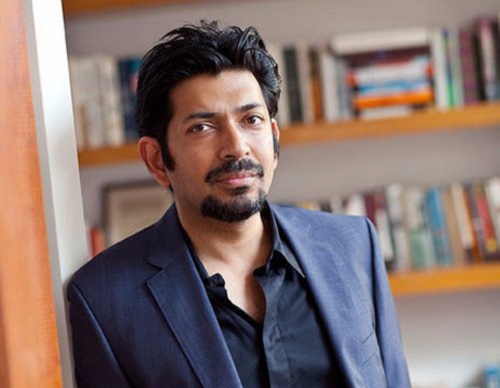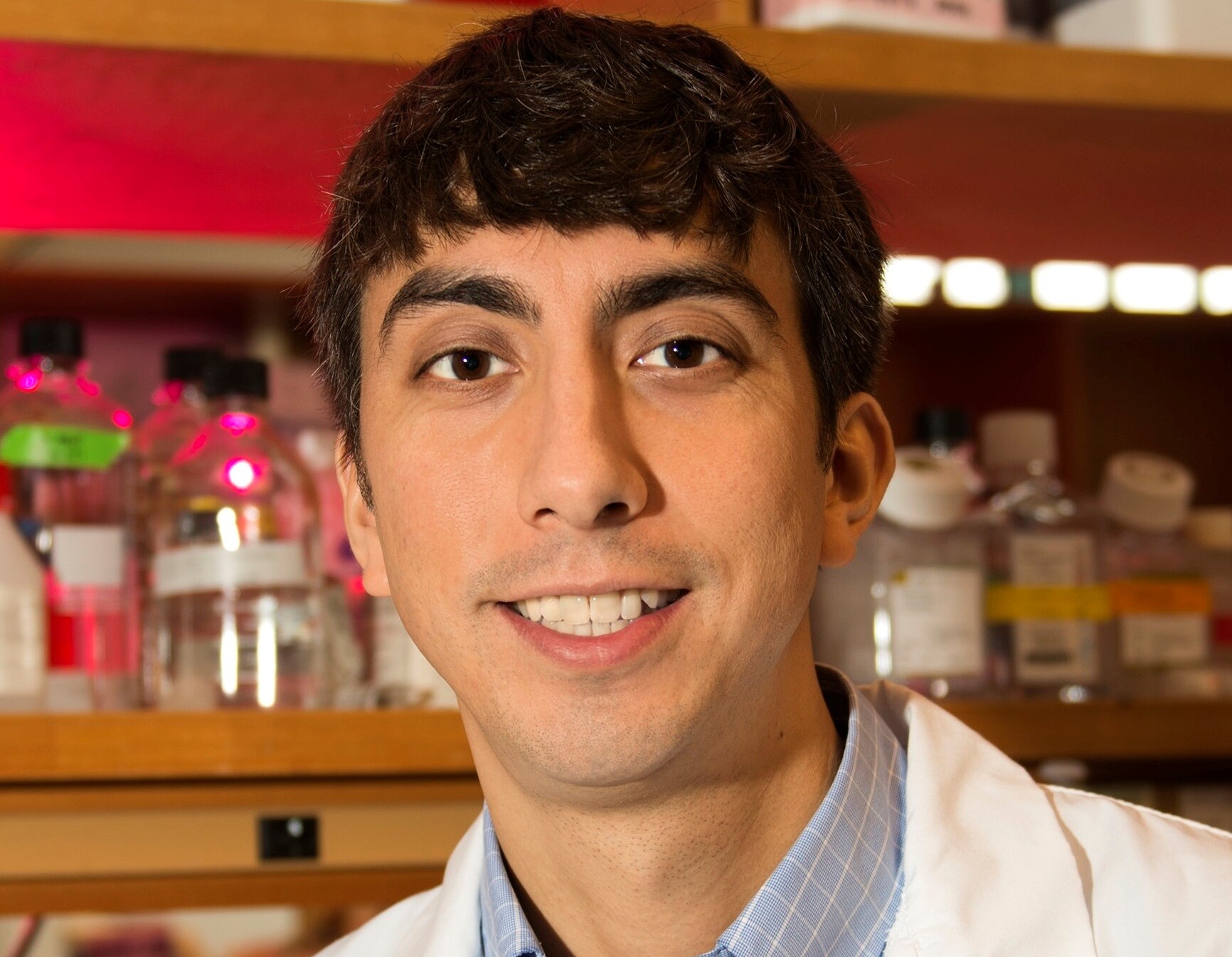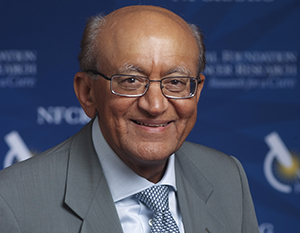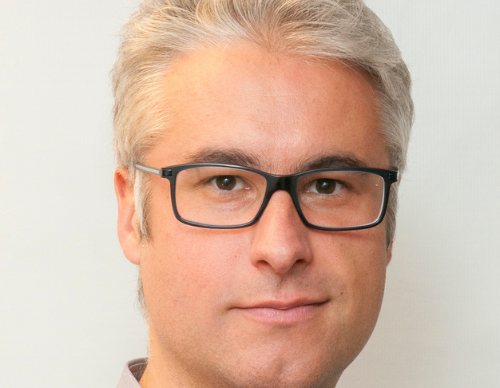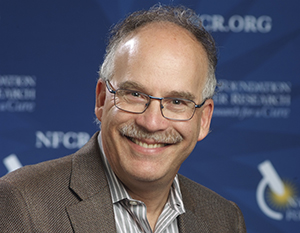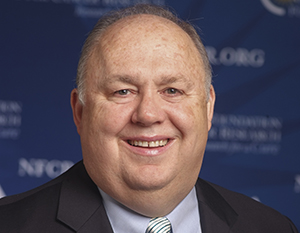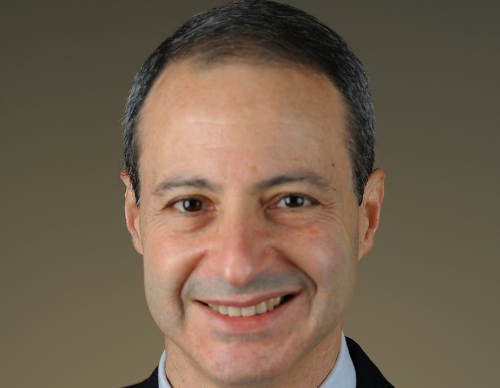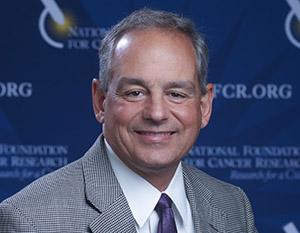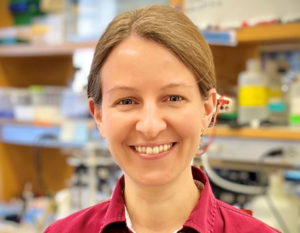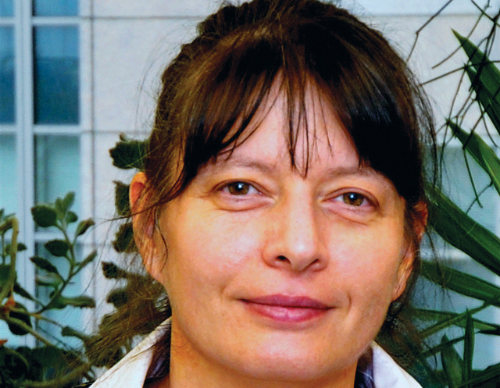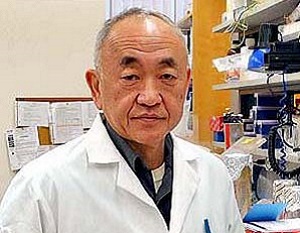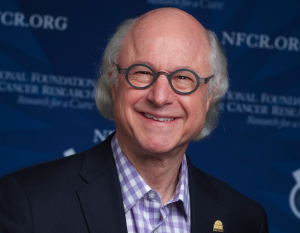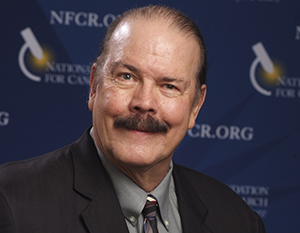Collaborative Research Grants
NFCR's team science approach aims to investigate the new frontiers of cancer research which will lead to future breakthroughs. Combining experts with differing specialties allows new paths to discoveries and innovations.
Circulating Tumor-Cell Research Grants
NFCR was an early supporter of Circulating Tumor Cell (CTC) Research through Daniel Haber and has seen the significant impact developments in this area can have on cancer patients. Our grants to the researchers below aim to expand this field's impact on patients across more cancer types.

Michelle A. Kelliher, Ph.D.
UMass Cancer Center

Francesca Bersani, Ph.D.
University of Torino, Italy

Benjamin Drapkin, M.D., Ph.D.
UT Southwestern Medical Center
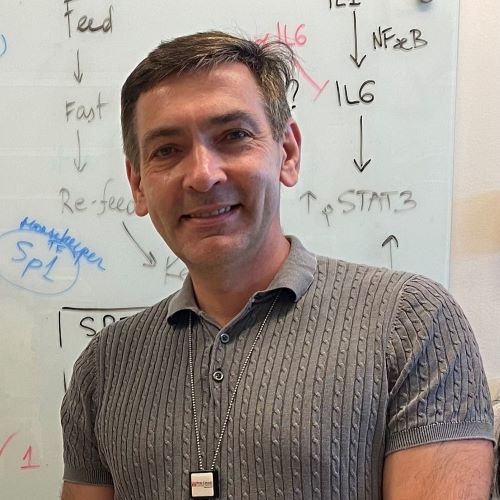
Igor Astsaturov, M.D., Ph.D.
Fox Chase Cancer Center

Darren Carpizo, M.D., Ph.D.
University of Rochester

Christian Rolfo, M.D., Ph.D.
Icahn School of Medicine at Mount Sinai

Ling Huang, Ph.D.
Ling Huang, Ph.D., Henry Ford Cancer Institute

Aditya Bardia, M.D.
Massachusetts General Hospital &
Harvard Medical School

Himisha Beltran, M.D.
Dana-Farber Cancer Institute
Harvard Medical School

Massimo Cristofanilli, M.D.
Weill Cornell Medicine

Ritesh R. Kotecha, M.D.
Memorial Sloan Kettering Cancer Center and Weill Cornell Medicine

Srinivas Viswanathan, M.D., Ph.D.
Harvard Medical School
AIM-HI Translational Research Grants
NFCR provides Translational Research Grants to our non-profit partner, AIM-HI Accelerator Fund, to bridge the gap between innovations in the laboratory environment to the clinical development of new treatments and technologies. This translational research effort aims to accelerate early-stage oncology startups to bring new therapies and diagnostic tools to patients.
Select Past Supported Scientists

Jacqueline K. Barton, Ph.D.
California Institute of Technology

Jean Bennett, M.D., Ph.D.
University of Pennsylvania Perelman School of Medicine

Robert C. Bast, Jr., M.D.
MD Anderson Cancer Center

Webster K. Cavenee, Ph.D.
Ludwig Institute for Cancer Research
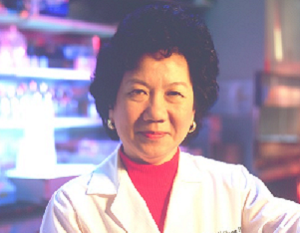
Esther H. Chang, Ph.D.
Georgetown Lombardi Comprehensive Cancer Center

Laurence J.N. Cooper, M.D., Ph.D.
University of Texas MD Anderson Cancer Center

Harold F. Dvorak, M.D.
Beth Israel Deaconess Medical Center
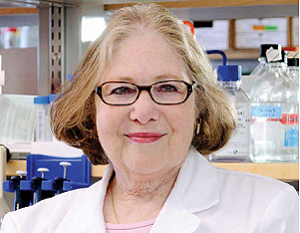
Kathryn B. Horwitz, Ph.D.
University of Colorado School of Medicine
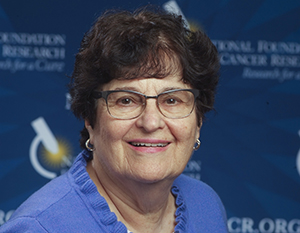
Susan B. Horwitz, Ph.D.
Albert Einstein College of Medicine

Laurence Hurley, Ph.D.
University of Arizona

Jin Jen, M.D., Ph.D.
Mayo Clinic
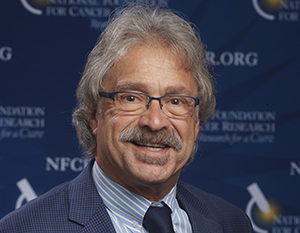
Wayne Marasco, M.D., Ph.D.
Dana-Farber Cancer Institute
Harvard Medical School

William L. Jorgensen, Ph.D.
Yale University

Lawrence Marnett, Ph.D.
Vanderbilt University School of Medicine

Alanna Schepartz, Ph.D.
Yale University
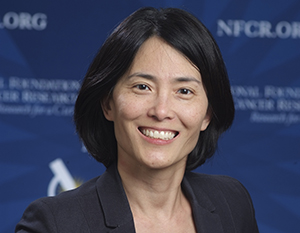
Alice T. Shaw, M.D., Ph.D.
Massachusetts General Hospital
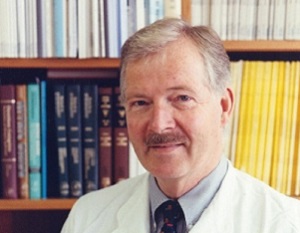
Helmut Sies, M.D.
Heinrich-Heine-Universität

Amos B. Smith III, Ph.D.
University of Pennsylvania

Daniel Von Hoff, M.D
Translational Genomics Research Institute (TGen)

Wei Zhang, Ph.D.
Wake Forest Baptist Medical Center
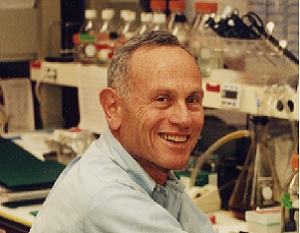
Michael B. Sporn, M.D.
Geisel School of Medicine

W. K. Alfred Yung, M.D.
University of Texas MD Anderson Cancer Center



